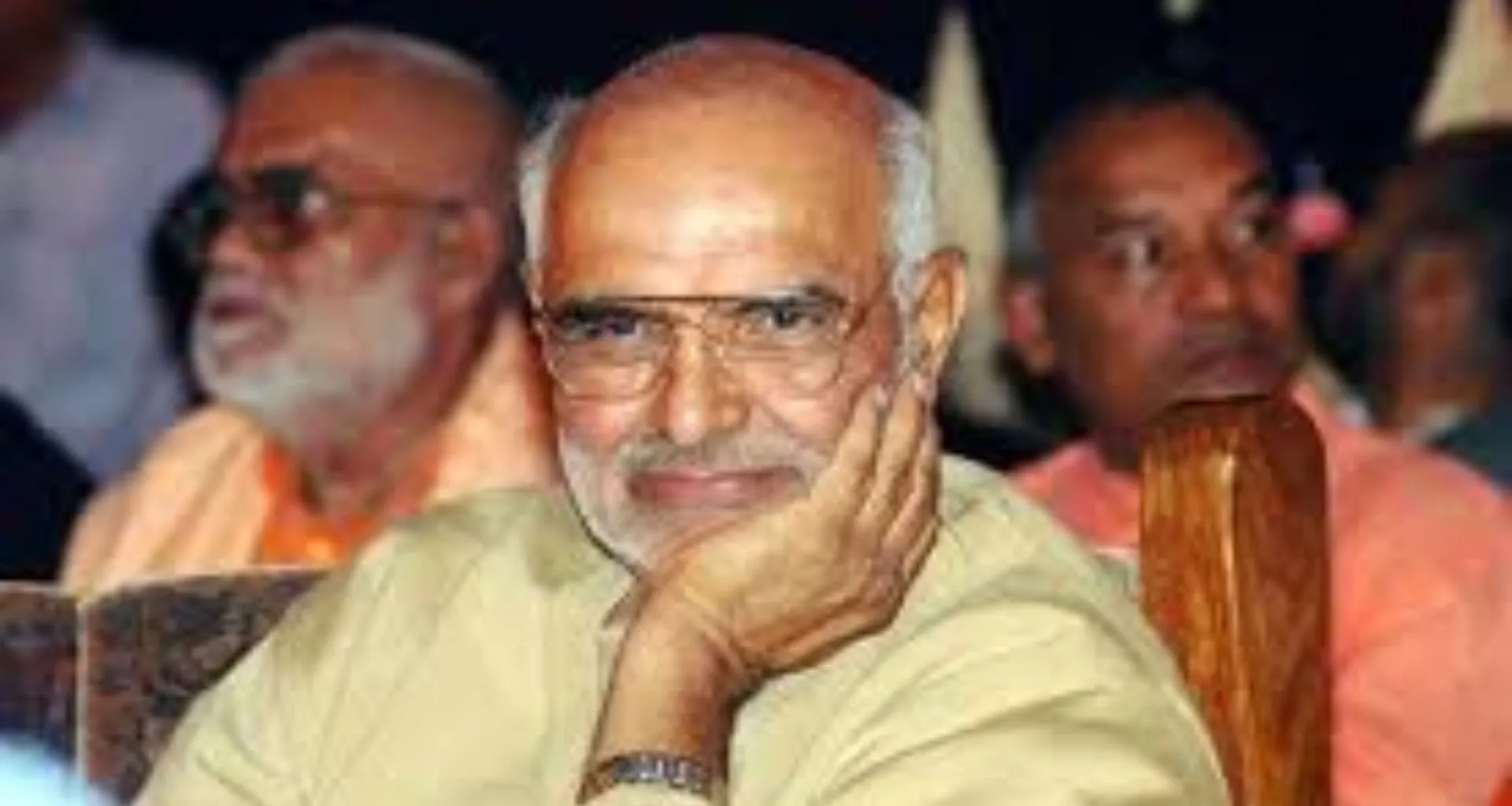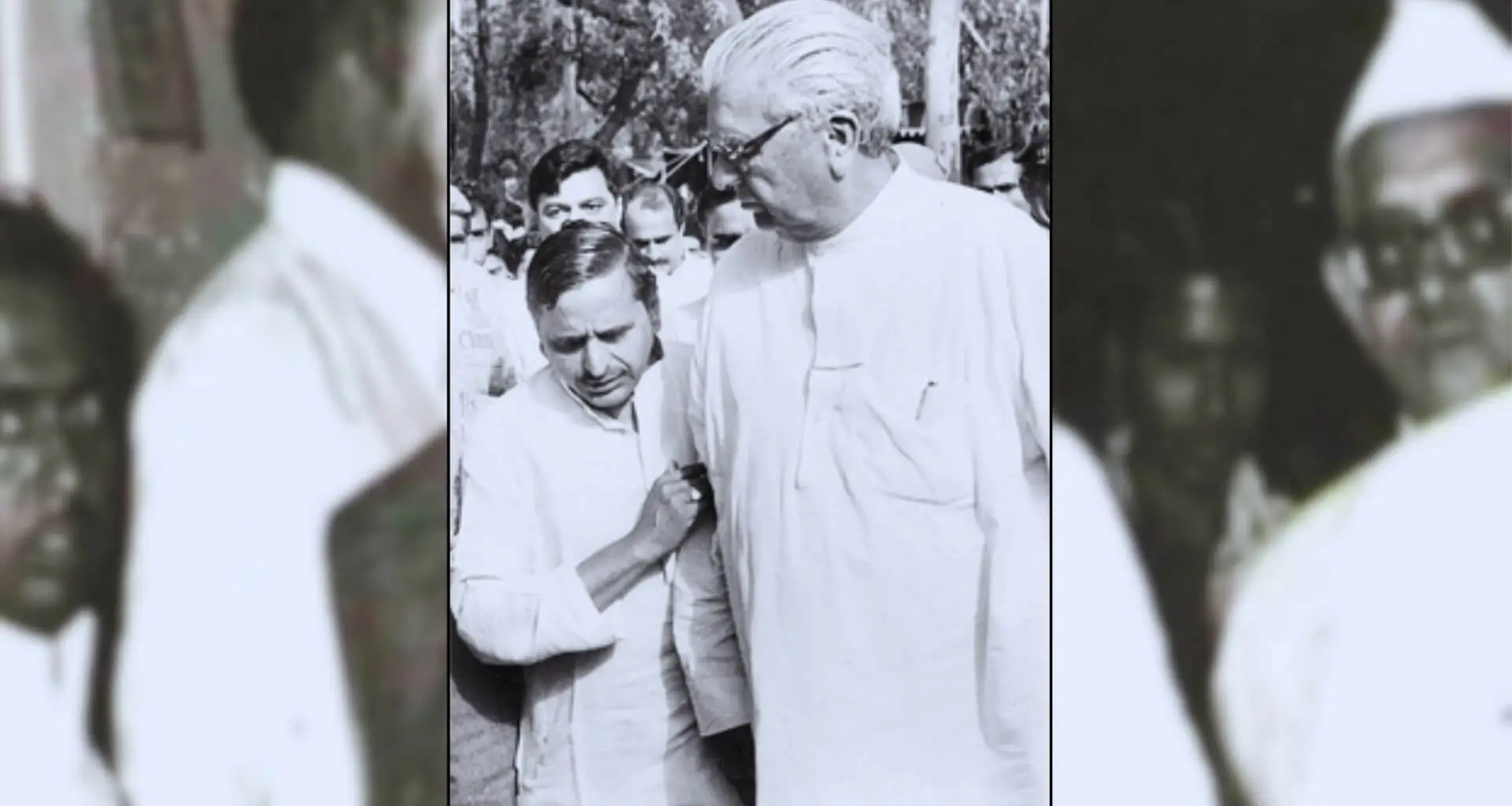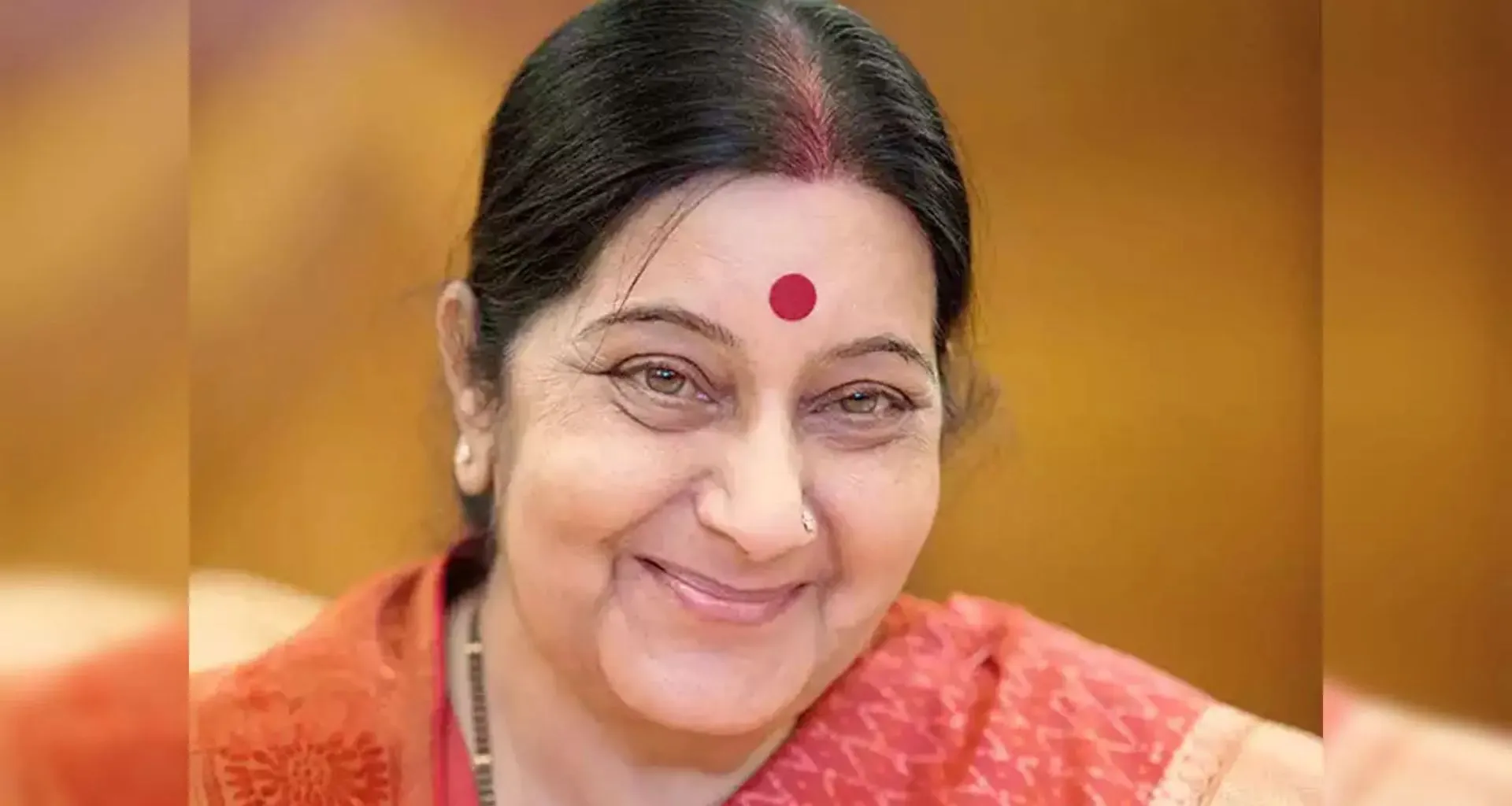Dr. Sahib Singh Verma enshrines his life in those honorable contributions made into independent agencies of education, chief minister of Delhi, and union labor minister that became part of Indian politics. Coming from poverty-stricken sources, his journey from a tiny Delhi village to the most towering offices in the country is rather dedicated, clean, and has its touch of commitment to public service. Lives, achievements, and the legacy left behind are the subjects of this article.
Early Life and Background
Born on 15 March 1943, in Mundka village, Outer Delhi, Sahib Singh Verma belonged to the offspring of a farming family. His father, under the name of Mir Singh, was a zamindar well respected by society, while his mother, Bharpai Devi, installed some values in him such as honesty and hard work right from childhood. These would later be his guiding principles.
It is what deeply influenced him in the Arya Samaj teachings as he held on to a philosophy of the enlightened society, one of education and truthfulness. That went on to shape his character and also make him strive to work seriously for the betterment of society.
Intellectual laurels: Being a scholar at heart
In possession of master’s degrees, one in arts (M.A.) and the other in library science (M.Lib.Sc.), from the prestigious Aligarh Muslim University (AMU), Dr. Sahib Singh Verma also did his Ph.D. in Library Science. All these just underscored the fact that he was a man of intellect and vision.
It began with him as a librarian at Bhagat Singh College, Delhi University. Now, taking into account all these aspects along with the professional experiences, they stirred him to think about the need to start advocating for educational reforms along with equal accessibility toward quality learning.
Political Beginning: Ascending as a Grassroots Leader
1977 is considered as the year Sahib Singh Verma began his ascent into an active political career after being elected as a Municipal Councillor in the Municipal Corporation of Delhi (MCD) under the representation on the Janata Party ticket. Later on, he joined the Bharatiya Janata Party (BJP), and this started a long and glittering political journey.
He has been seen as a fairly approachable leader and a very grassroots-oriented leader. Therefore, it becomes very easy for him to win the love and trust of the constituents with whom he is working. His active participation in the Rashtriya Swayamsevak Sangh (RSS) made him a little more determined into selfless service to Mother India.

Key Contributions While Education and Development Minister
Dr. Verma was elected to the Delhi Legislative Assembly in 1993 and became the Education and Development Minister under the BJP government. There, his focus was on:
- Educational Reforms:
- Improved the infrastructure of schools, especially in rural areas of Delhi.
- Advocated for curriculum reforms emphasizing skill-based learning and practical knowledge.
- Urban and Rural Development:
- Worked to enhance civic amenities in urban neighborhoods.
- Ensured that sustainable development worked so that rural areas received equal attention.
His job as Education and Development Minister laid the platform for many of the reforms to define the rest of his political career.
Delhi Chief Minister: A Watershed Year
In 1996, he was appointed Chief Minister of Delhi following the charges of corruption against Madan Lal Khurana. His two-and-a-half years of service in the chair were characterized by a marked shift toward inclusive development and confrontation with the more serious urban challenges.
Chief Minister Achievements Include:
- Infrastructure Development:
- Expand road networks in Delhi with improved connectivity.
- Improvement of mass transport facilities to sustain the needs of rising population.
- Focus on Rural Delhi:
- Champion development of rural villages with access to healthcare, education, and basic amenities.
- Voice of farmers with regards to policy issues.
- Welfare Initiatives:
- Programs to sustain the economically weaker sections were launched.
- Support for gender equity through education and skill development programs for women.
Dr. Verma continued to work toward his vision of a prosperous and equitable Delhi, undeterred by the internal party struggle and rivalries.
Entry into National Politics
After exiting as Chief Minister, Sahib Singh Verma entered into national Politics and from Outer Delhi won the 1999 General Elections by a margin of over two lakh votes. His victory was a sign of the confidence and support he had earned from the people.
Union Labour Minister: For Workers’ Rights
As part of the Atal Bihari Vajpayee government, Dr. Verma served as the Union Labour Minister, playing an important role in the formulation of labour policies.
Major achievements as Labour Minister:
- Protecting Interest Rates on Provident Fund:
- He was opposing the reduction of interest rates on Employee Provident Funds thereby protecting the financial security of millions of workers.
- Improving Industrial Relations:
- Promoted cordial relations between employers and employees.
- Pushed for better labour laws that would bring industrial practice up to date while guarding workers’ rights.
- Eradicating Corruption:
- He made curbing corruption within the Ministry of Labour a priority.
- He was himself working hard to enhance a better work culture and transparency in the Department.
Famed for his no-nonsense approach, Dr. Verma was nicknamed the “Bull in a China Shop,” because he never hesitated to take on the inefficiencies of the bureaucracy.
Advocacy for Causes in Social and Cultural Life
Outside the political arena, Dr. Sahib Singh Verma immersed himself deeply in social and cultural causes. He stood at the helm of the World Jat Aryan Foundation, which sought to uplift the Jat community across the realms of education, unity, and social reform.
His speeches indicate that he believed education could transform lives and that it was also Odisha’s duty to conserve Indian cultural heritage.
Personal Life and Values
Dr. Verma was a family man. He married Sahib Kaur, and both together had five children: two sons and three daughters. His son, Parvesh Verma, has currently taken after his father in politics and is a Member of Parliament from West Delhi. Dr. Verma was a simple man with great humility, but he stayed very connected to his roots. He often visited his hometown, Mundka, to work for the welfare of his people.
Tragic Death: A Nation Begins Mourning
The tragic end of Dr. Sahib Singh Verma’s life by road accident in Rajasthan occurred on 30th June 2007. While returning to Delhi after the School Foundation Ceremony in Neem Ka Thana, Sikar District, his vehicle collided with a truck at Alwar.
Nationwide shock engulfed by the premature death of this great personality was felt among political leaders, especially those from opposite camps, as well as among the millions whose lives he had touched.
Legacy of a Visionary Leader
Dr. Sahib Singh Verma’s legacy continues to inspire hundreds of leaders and citizens afterward:
- Commitment to Education and Development:
- He was one ardent supporter of educational reforms, especially in the rural areas, thus creating a lasting impact on Delhi’s educational landscape.
- Advocacy for Workers’ Rights:
- His endeavors towards protecting the interests of workers while Sikh labor minister are remembered as landmark achievements in the Indian’s labor policy history.
- An Activist of the Grassroots:
- His connect to the masses and commitment to serving their interests differentiated him as a true public servant.
- Cultural Pride and Social Unity::
- Fostered unity and cultural pride among various community groups through his work in organizations such as the World Jat Aryan Foundation.
Dr. Sahib Singh Verma: A Role Model for Future Leaders
Dr. Sahib Singh Verma’s odyssey from a nondescript village of Mundka to one of the most revered leaders of India is a story of grit, vision, and commitment. He believed in education, social equity, and the dignity of truth in public life. His life was a mission; albeit a short-lived one, that still energizes avenues for well-being. Dr. Sahib Singh Verma will be remembered as an ever-cherished statesman devoted to serving the people and making India a better place.


